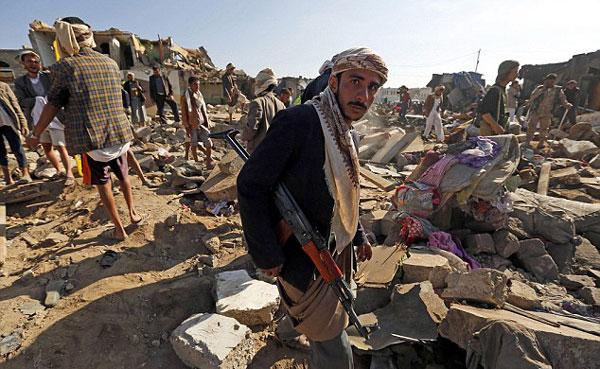
The chief of staff of forces behind President Abedrabbo Mansour Hadi said "the ceasefire has taken effect" despite deadly clashes in regions around Sanaa in the lead up to the deadline at 2100 GMT on Sunday.
The conflict has killed thousands, displaced 2.4 million and drawn in neighbours, but there are renewed hopes the latest truce can form the cornerstone of a long-lasting peace deal that can be hammered out from April 18 in Kuwait.
General Mohamed Ali al-Makdashi said "we are going to respect it... unless the Huthi rebels violate it".
Three earlier attempts at ceasefires collapsed after a Saudi-led coalition in March last year began air strikes to support the Hadi government and push back the Shiite Huthis who overran the capital in September 2014 before advancing to other regions.
Suspected Al Qaeda militants execute 17 Yemeni government soldiers
Chaos and misery have ruled since, and jihadists including the feared Al-Qaeda in the Arabian Peninsula (AQAP) have taken advantage to seize territory and influence, adding impetus to the international peace efforts.
The Iran-backed Huthis, along with allied troops loyal to ex-president Ali Abdullah Saleh, sent the United Nations a letter committing to "cease land, sea and air military operations" throughout Yemen, according to a statement carried by the rebel-run Saba news agency.
Foreign Minister Abdel Malek al-Mekhlafi said Hadi's government had also given "guarantees to the UN that it will maintain the truce".
UN special envoy Ismail Ould Cheikh Ahmed welcomed the ceasefire and called on all parties to respect it.
"I ask all the parties and the international community to remain steadfast in support for this cessation of hostilities to be a first step in Yemen's return to peace," he said.
"This is critical, urgent and much needed. Yemen cannot afford the loss of more lives."
In contrast to previous ceasefire attempts, some Huthi leaders met with loyalist troops on a joint committee to make sure both sides comply with the truce, coalition spokesman Brigadier General Ahmed al-Assiri told AFP.
"And they will monitor all the personnel on the ground, to not violate the ceasefire," he said.
US Navy says it seized weapons from Iran likely bound for Houthis in Yemen
In the lead-up to the truce, fighting raged in regions outside Sanaa, while the rebel-held city itself, which has been regularly bombed by coalition warplanes, was quiet.
Rebels and their allies were seen exchanging mortar and artillery fire with pro-Hadi forces in the Sarwah region of Marib province east of Sanaa.
A pro-Hadi commander in Sarwah, Lieutenant Colonel Abdullah Hasan, said four of his men were killed in the shelling.
Coalition aircraft also carried out strikes to stop rebels seeking to retake a military base from pro-government forces, military sources said, while further north, coalition jets struck Huthi positions in Jawf province, according to the rebels.
There were also clashes in Nihm northeast of the capital, witnesses said.
The UN special envoy announced last month that the ceasefire would be brokered ahead of the talks in Kuwait, but it was only agreed by the warring sides after months of shuttle diplomacy.
"We will go to the consultations (in Kuwait) to achieve peace," Hadi reiterated on Saturday, insisting the rebels must commit to UN Security Council Resolution 2216 calling for their withdrawal from seized territory and disarmament.
Earlier negotiations collapsed but analysts are more optimistic this time after mediation efforts largely silenced guns along Yemen's border with Saudi Arabia, and a Huthi delegation visited Riyadh for talks.
"For the first time, the groups that can end major military operations, particularly the Saudis and the Huthis, appear to be more willing to do so," said April Longley Alley, a Yemen specialist at the International Crisis Group.
"Even if major combat ends, the road to peace in Yemen will be long and difficult and internal conflict is likely to continue for some time," she added.
‘Thunder of the North’ military exercise begins in Saudi Arabia
Yemenis appeared sceptical of any lasting impact from the ceasefire.
"I do not expect the truce to succeed," said Zayed al-Qaisi, a resident of Marib, the capital city of the province of the same name.
"Even the government cannot force us to respect a ceasefire as we have not liberated our territories," said Qaisi, armed with a Kalashnikov rifle like most tribesmen in Yemen, referring to areas seized by the rebels.
In Sanaa, others doubted that Riyadh would commit to the truce.
"Saudi Arabia is just procrastinating and being deceptive," said Sanaa resident Ali Mohsen, 50.
According to the United Nations, more than 6,300 people have been killed in impoverished Yemen since March last year -- around half of them civilians.
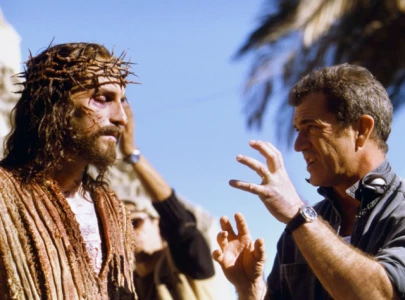
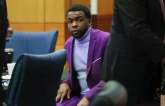


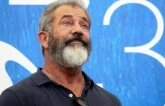
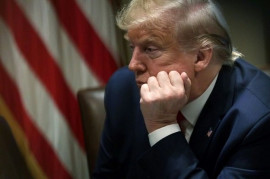

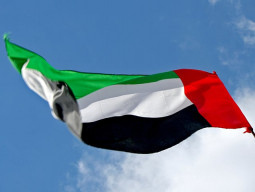

1736511575-0/Untitled-design-(8)1736511575-0-270x192.webp)
1736495887-0/sidra--(63)1736495887-0-270x192.webp)
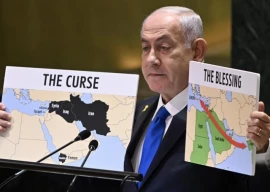
1736332856-0/Untitled-design-(20)1736332856-0-270x192.webp)

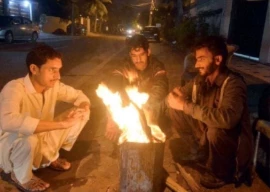
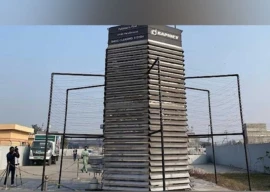
1736334465-0/sidra--(45)1736334465-0-270x192.webp)






COMMENTS
Comments are moderated and generally will be posted if they are on-topic and not abusive.
For more information, please see our Comments FAQ